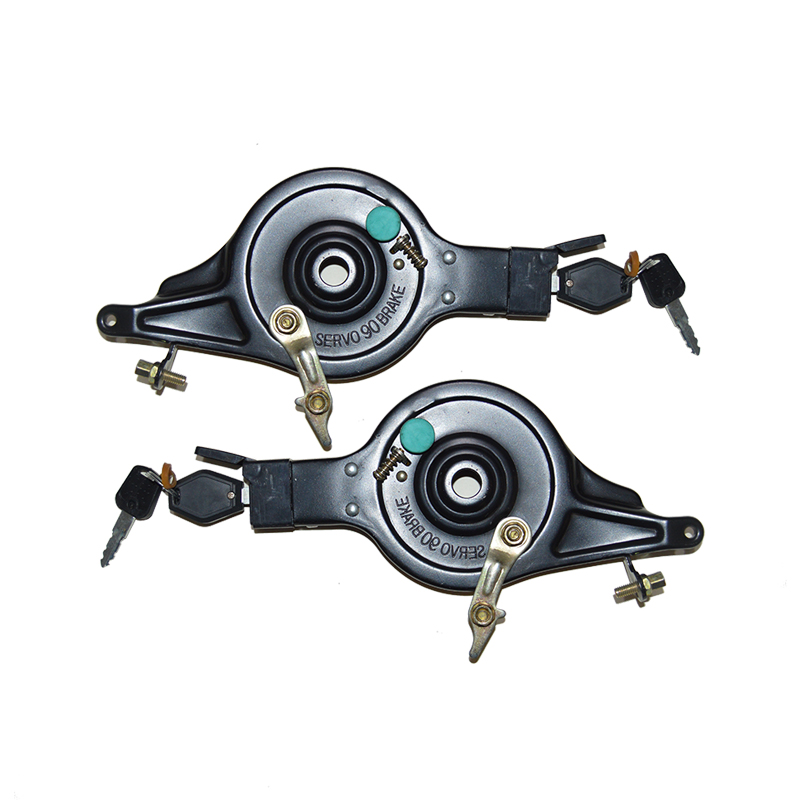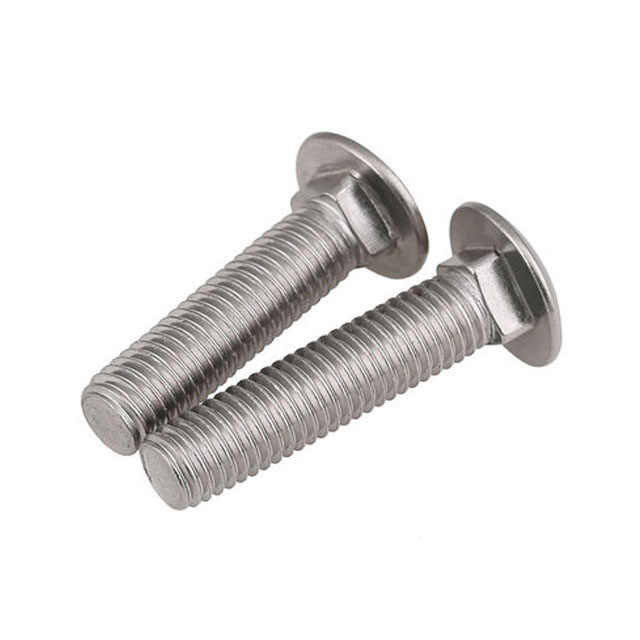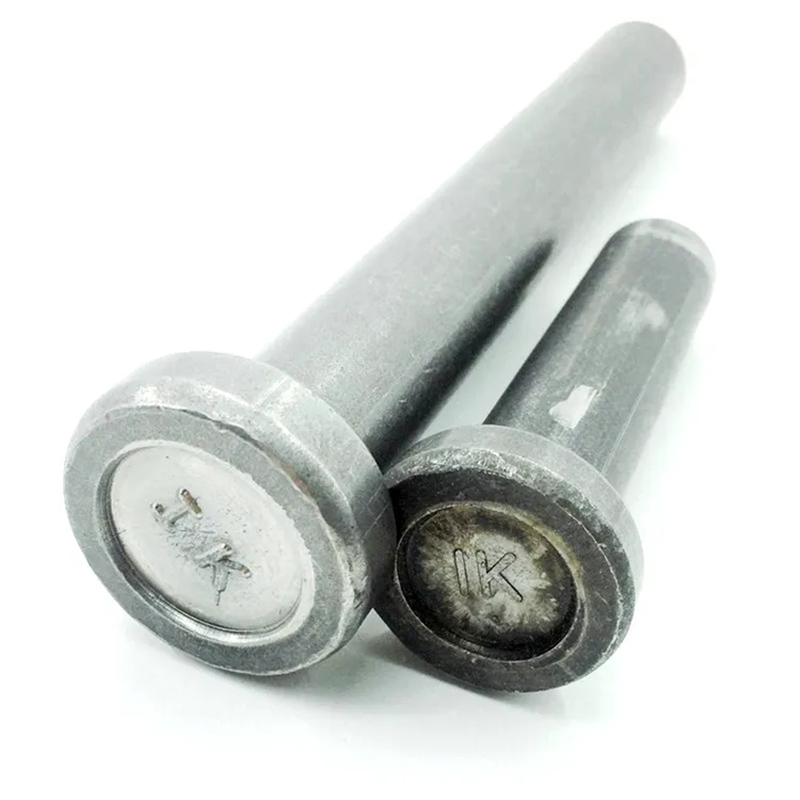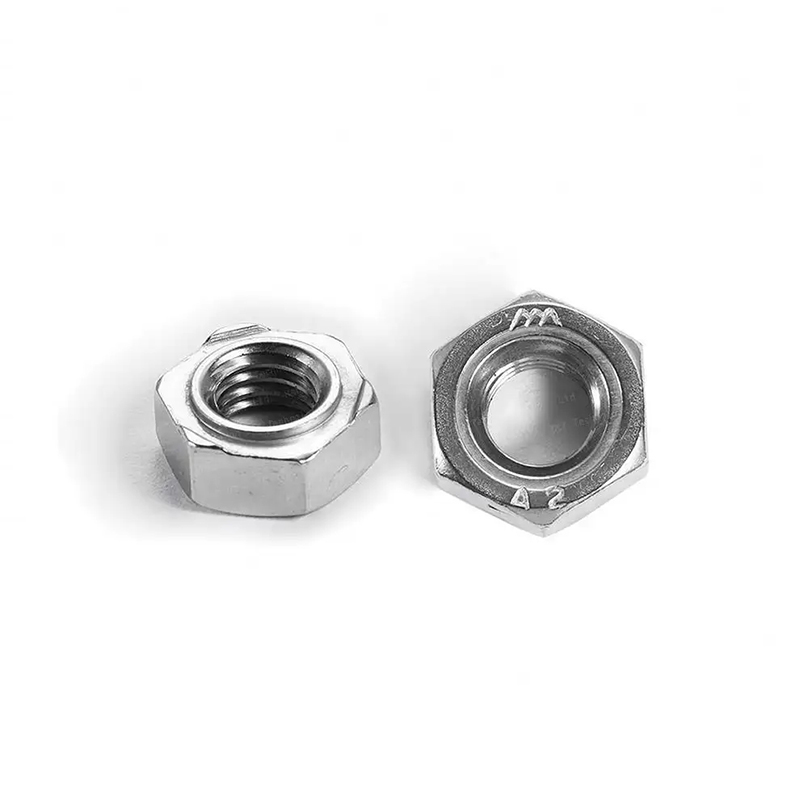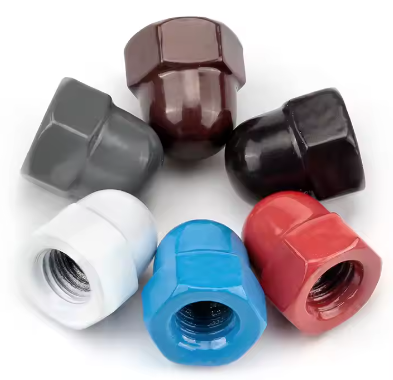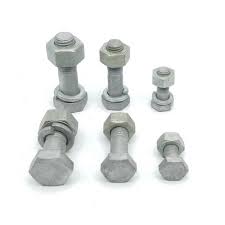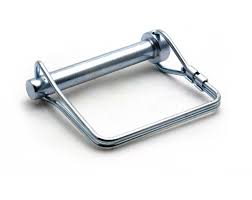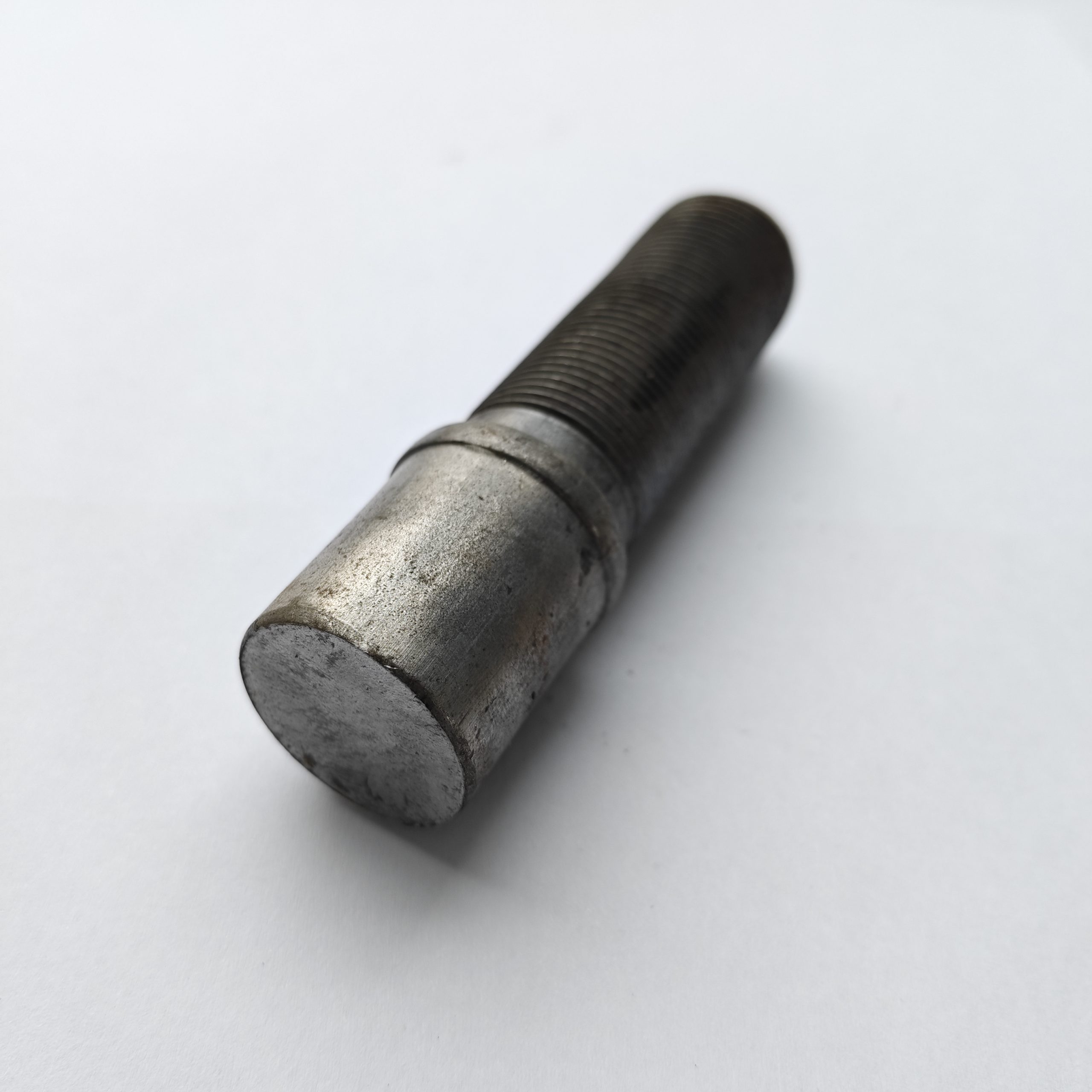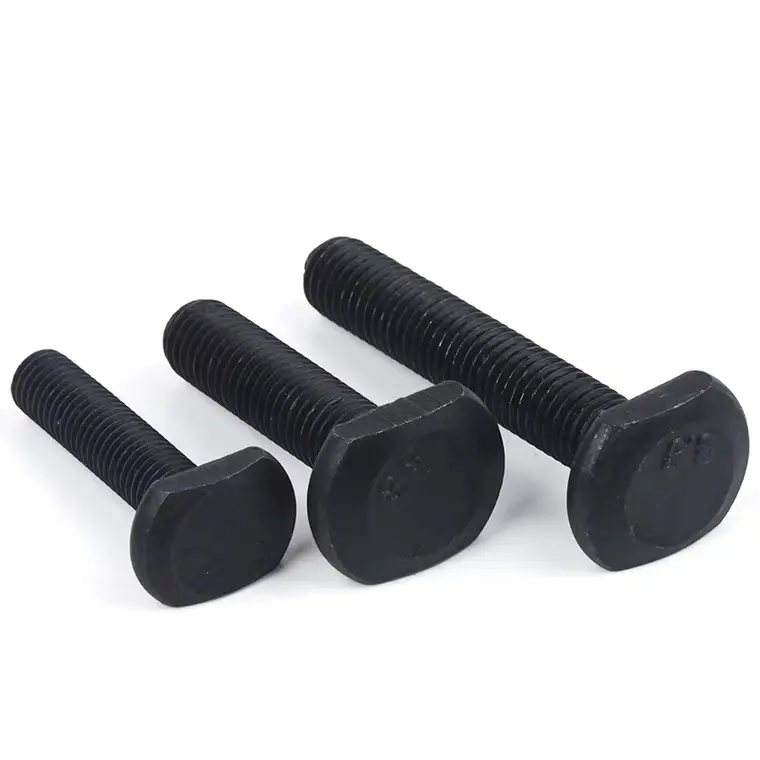

This guide provides a comprehensive overview of rivet nuts, helping you understand their applications, selection process, and where to buy them. We'll cover different types, installation methods, and considerations to ensure you choose the right rivet nut for your project.
Rivet nuts, also known as rivet inserts or clinch nuts, are internally threaded fasteners that are installed into a hole in a workpiece. Unlike standard nuts and bolts, rivet nuts require no access to the opposite side of the material for installation. They create a strong, permanent threaded connection, ideal for various applications where welding or other fastening methods aren't feasible or practical. They are commonly used in sheet metal fabrication, automotive manufacturing, and many other industries. Choosing the right rivet nut depends on factors such as material thickness, required strength, and the type of material being fastened.
Several types of rivet nuts are available, each with unique characteristics and applications. These include:
Rivet nuts are available in a variety of materials, including steel, aluminum, brass, and stainless steel. The choice of material depends on the application's specific requirements regarding corrosion resistance, strength, and weight. Common finishes include zinc plating, nickel plating, and powder coating, providing additional protection against corrosion.
Choosing the appropriate rivet nut requires careful consideration of several factors:
Rivet nuts are generally installed using specialized tools, such as manual or pneumatic rivet nut setters. These tools provide the necessary force to expand the rivet nut securely within the hole. Proper installation is crucial for ensuring a strong and reliable connection.
Numerous suppliers offer a wide range of rivet nuts. Online retailers, industrial supply stores, and specialized fastener distributors are common sources. For high-quality rivet nuts and excellent customer service, consider exploring reputable suppliers like Hebei Dewell Metal Products Co., LTD, a leading manufacturer of fasteners. They offer a vast selection of rivet nuts to meet various needs. Always ensure you buy from a trusted source to guarantee the quality and reliability of the fasteners.
Selecting and installing the correct rivet nuts is critical for ensuring the integrity and durability of any project. By carefully considering the factors outlined above, you can select the ideal rivet nut for your specific application, ensuring a secure and long-lasting connection. Remember to utilize appropriate installation tools for optimal results.
| Material | Corrosion Resistance | Tensile Strength |
|---|---|---|
| Steel | Moderate (depending on finish) | High |
| Aluminum | Good | Moderate |
| Stainless Steel | Excellent | High |
Disclaimer: This information is for general guidance only and should not be considered professional advice. Always consult the manufacturer's specifications for specific product details and installation instructions.


